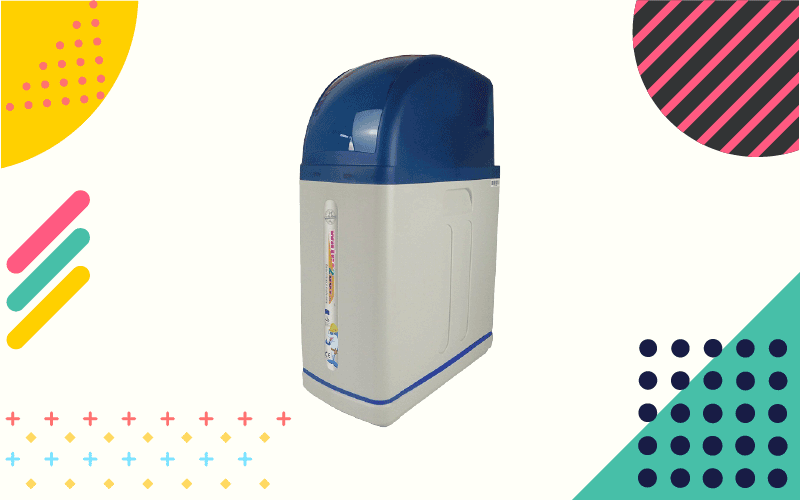Installing a water softener system in the UK can be a cost-effective way to improve the quality of your household water, as well as extend the life of your plumbing and appliances. However, the cost of installing a water softener system can vary widely depending on various factors such as the size of your home, the type of water softener system you choose, and the complexity of the installation.
Hard water, which contains high levels of minerals such as calcium and magnesium, can lead to a variety of issues including limescale build-up on appliances and plumbing, dry skin and hair, and reduced soap and detergent effectiveness. A water softener system can help to mitigate these issues by removing the excess minerals from the water, resulting in softer, more purified water for household use.
But how much does it cost to install a water softener system in the UK? The answer depends on a variety of factors, including the type and size of the system, the complexity of the installation process, and the location of the property. In this article, we’ll explore these factors in more detail and provide an overview of the typical costs involved in installing a water softener system in the UK.
On average, the cost of installing a water softener system in the UK ranges from £800 to £2,500. This price range includes the cost of the water softener unit, installation labor, and any additional materials or equipment needed for the installation.
Type and Size of Water Softener System
One of the main factors that can affect the cost of installing a water softener system is the size of your home. Larger homes with more bathrooms and appliances that use water will generally require a larger water softener system, which can increase the overall cost. Similarly, if you have a complex plumbing setup or if the water softener needs to be installed in a difficult-to-reach location, this can also add to the cost of the installation.
Another factor that can impact the cost of installing a water softener system is the type of system you choose. There are several different types of water softener systems available on the market, each with its own unique features and benefits. The most common types of water softener systems include:
These systems use a process called ion exchange to remove the excess minerals from the water. The water passes through a bed of resin beads, which are coated with sodium ions. The hard water minerals (calcium and magnesium) are attracted to the resin beads and exchange places with the sodium ions, leaving the water soft and purified. Ion exchange water softeners are typically the most effective at removing hard water minerals and are suitable for use in households with moderate to high levels of hardness.
These systems use a strong magnet to alter the molecular structure of the hard water minerals, rendering them less able to form limescale. Magnetic water softeners are generally considered less effective at removing hard water minerals than ion exchange systems, but they are easier to install and require less maintenance.
These systems use electronic frequencies to alter the properties of the hard water minerals, making them less able to form limescale. Like magnetic water softeners, electronic water softeners are generally considered less effective at removing hard water minerals than ion exchange systems, but they are easier to install and require less maintenance.
The size of the water softener system you choose will also affect the overall cost of installation. Water softener systems are sized based on the hardness of the water and the volume of water used in the household. A larger system will be required for a household with high levels of water hardness and high water usage, while a smaller system may be sufficient for a household with lower levels of water hardness and lower water usage.
Complexity of Installation
The complexity of the installation process will also affect the overall cost of installing a water softener system in the UK. Factors that can impact the complexity of the installation include the type of system being installed (ion exchange systems are generally more complex to install than magnetic or electronic systems), the location of the system (installation in a basement or crawl space may be more complex than installation in a utility room or basement), and the distance from the main water supply line.
In general, installation of a water softener system will require a plumber to connect the system to the main water supply line and ensure that it is properly configured and functioning. Depending on the complexity of the installation, this process may take anywhere from a few hours to a full day.
In addition to the cost of the water softener unit and installation labor, you may also need to pay for additional materials or equipment needed for the installation. This could include pipes, fittings, valves, or other hardware.
Location of the Property
The location of the property can also impact the cost of installing a water softener system in the UK. In general, installation costs are higher in urban areas due to higher labor and material costs.
Overall, the cost of installing a water softener system in the UK can vary widely, depending on the size of your home, the type of system you choose, and the complexity of the installation. To get a more accurate estimate of the cost for your specific situation, it is recommended to consult with a professional plumber or water treatment specialist.

